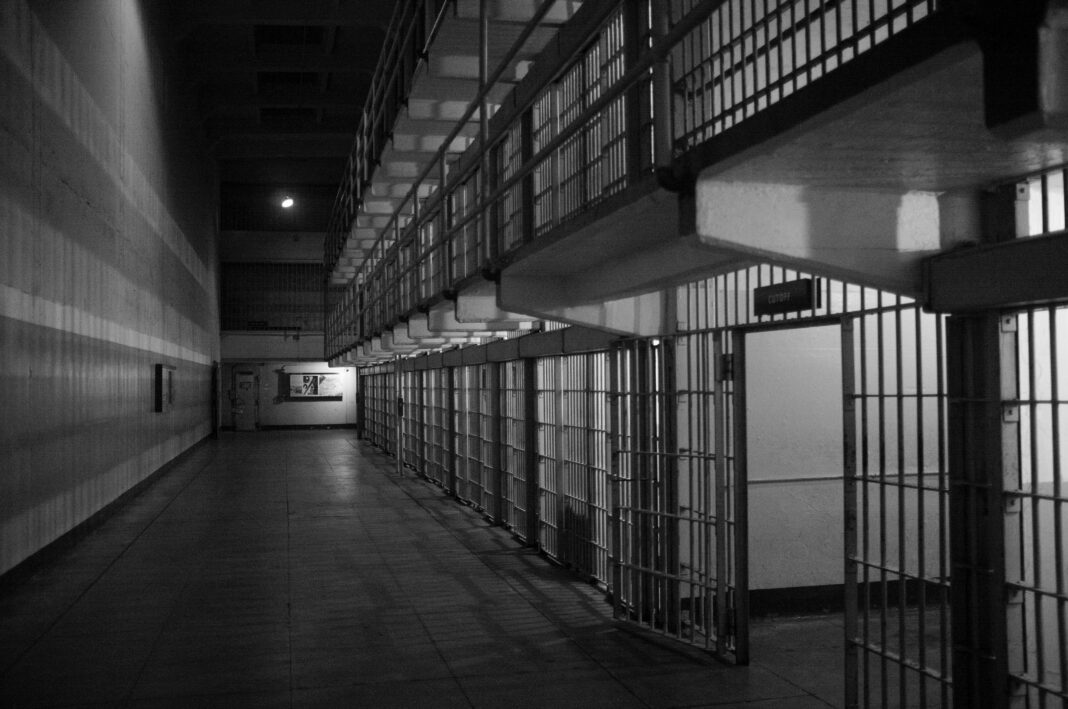CALIFORNIA— On July 14, the city of San Francisco’s Board of Supervisors voted unanimously to put an end to charging prisoners a fee whenever they make phone calls.
According to research done by Anne Stuhldreher, the director of the Financial Justice Project in San Francisco’s treasury office, women of color inmates were most affected by this law. Inmates were required to pay $0.15 for every minute of conversation, which also included video calls. Additionally, inmates had to pay a 43% markup on basic products, like food and soap, which were sold in the commissary. Thanks to this measure, that rule has also been scrapped.
Stuhldreher stated that her motivation for pushing for this measure came after hearing from the inmates’ family members that they were put into a situation where they had to decide to either speak to their incarcerated loves ones or pay their own phone bills.
Stuhldreher also pointed out that, based on her research, African Americans represent nearly half of the prison population in San Francisco, which means the inmate fees overwhelmingly affect them more than anybody else, especially in an emotional and psychological manner. “The more people stay in touch with family, the better they do when they get out,” she said.
Mayor London Breed echoed these sentiments as she pointed to the lopsided criminal justice system she feels is affecting one race more than any another, but also the emotional and psychological toll it takes on people of color and their families, referring to it as “depressing and frustrating.”
$1.7 million were gathered in fees from this law, which bankrolled an inmate welfare fund, but Stuhldreher feels that this particular program should be paid for, just like any other public program.
“The idea is that those services should be supported in the same way we pay for everything else, and not on the backs of incarcerated people and their families,” she said.
New York City was the first major city to pass legislation to overturn this law in 2018, and ultimately put into affect, in 2019. Meanwhile, San Francisco’s measure will be put into affect beginning August 1.






